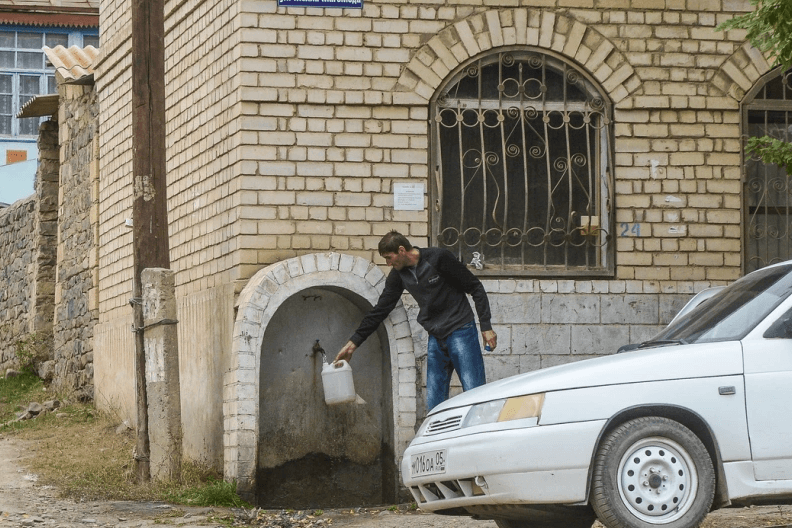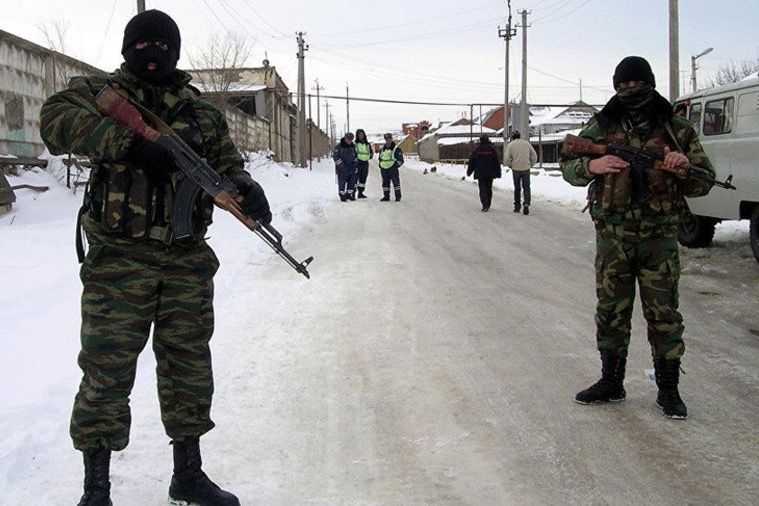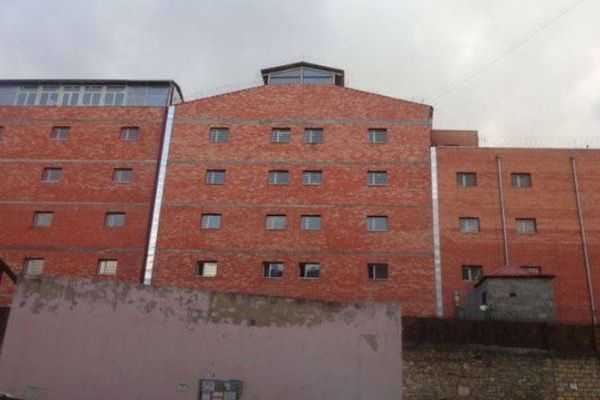
Over 100 people have received medical assistance after contracting an infection from what appears to be a contaminated water source in Daghestan. The authorities say that 18 people were hospitalised.
According to the regional office of the Federal Service for Surveillance on Consumer Rights Protection and Human Wellbeing, at least 110 people in Magaramkent have sought medical assistance with symptoms of acute intestinal infection, with 18 people requiring hospitalisation.
The authorities suspect the source of the contaminated water to be in Dzhepelsky. The cases all came from five villages in Daghestan — Magaramkent, Kuysun, Gilyar, Gaptakh, and Verkhny Tagirkent.
Daghestan’s Health Ministry has said that most patients they had received were children, and that all patients were in moderate and non-life-threatening conditions.
‘Cases have been identified among children aged three to 14. The majority are mild forms, and qualified medical care is being provided in full’, Interfax reported, citing the press service of Consumer Rights Service.
The agency added that ‘preliminary data suggest the illnesses are linked to drinking water from the Dzhepelsky water source, located 14 kilometres from the village of Magaramkent in the direction of Akhty’.
The district prosecutor’s office and the Daghestan Investigative Committee have launched an investigation into the outbreak of the infections, seeking to determine their cause.
Two days before the outbreak, a water leak occurred in the village of Magaramkent, where utility workers were conducting repairs. The district administration reported that the works had been completed successfully.
This is not the first such incident in the region; in June 2024, more than 270 people in the city of Buynaksk were poisoned by tap water that tested positive for dysentery, rotavirus, and norovirus. Following that mass poisoning, the city’s head, Islamudin Nurgudaev, resigned. He had previously reported that up to 70%–80% of the city’s water systems were in a dilapidated condition, with around 30 kilometres of outdated piping in need of replacement.
Also in 2024, the Consumer Rights Service declared the water in the northern districts of Makhachkala and its suburbs unsafe for drinking. Among the cited causes were failures in water purification technologies and violations of water supply regulations. There have been regular reports of mass intestinal infections linked to poor water quality in the republic.
Three years ago, the Head of Dagestan, Sergei Melikov, stated that there had been four cases of mass poisoning over the course of several months, all of which were caused ‘specifically by water’. According to Melikov, local residents were partly to blame: ‘Poisonings also occur because owners of individual residential buildings discharge wastewater into bodies of water that serve as drinking sources for others’, he said.
‘There is a glaring contradiction between the enormous potential of the republic and the depressing quality of life of its residents — Daghestanis’, Melikov admitted during a speech at the Federation Council. ‘Most of the population is deprived of quality drinking water and lives without proper sewage infrastructure.’











